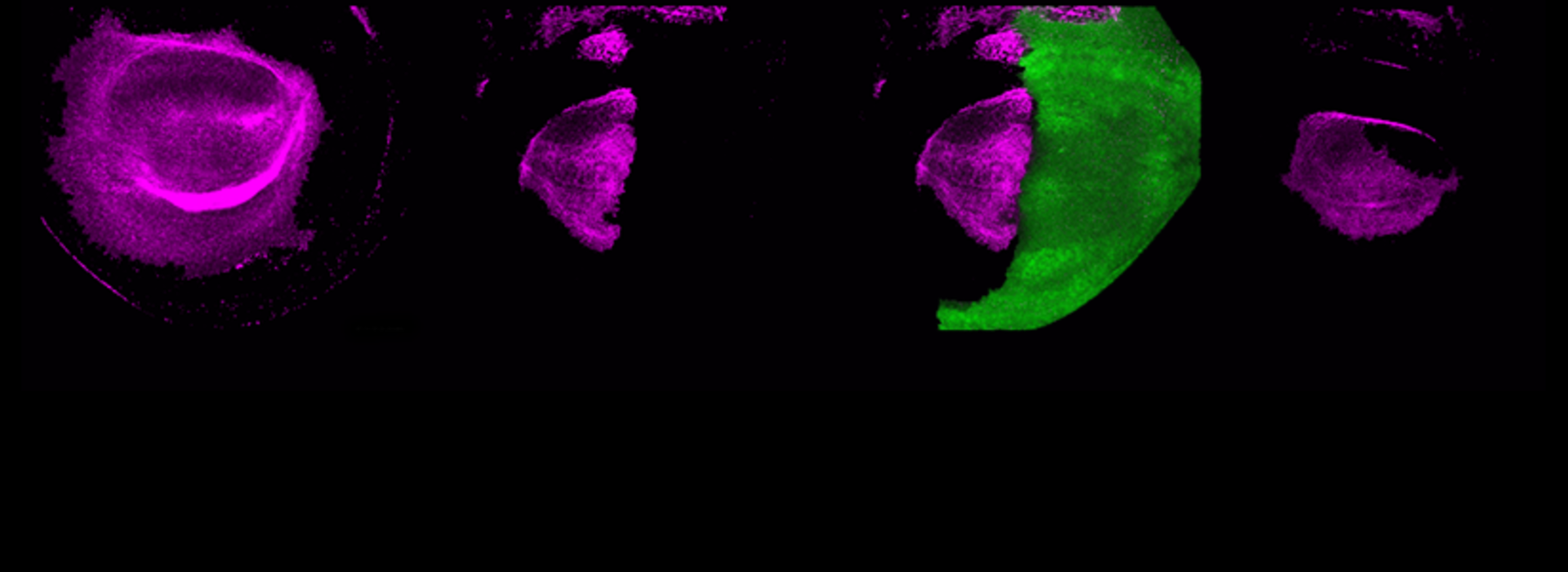
Parsing the Biochemical Signals Dictating Patterning During Development
During development stem cells are induced to differentiate and give rise to structures like limbs as a result of chemical gradients established in the tissues. Hiroshi Nakato, SCI faculty member, conducted biochemical and genetic analyses on developing Drosophila (fruit flies) to assess the role of the chondroitin sulfate proteoglycan Windpipe (Wpd) in development. They demonstrated that Wpd is required for normal morphogen signaling pathways that regulate the appropriate patterning of the wing, wing posture, and the retention of eggs in the ovary. This is the first demonstration of these essential roles of a chondroitin sulfate proteoglycan in the biochemical signaling systems involved in patterning. It had been previously established that these morphogen pathways are controlled by heparin sulfate proteoglycans (HSPG), a different class of proteoglycans. This study suggest that chondroitin sulfate proteoglycans add another layer of control to further finetune HSPG-dependent morphogen signaling. Read the published paper.



